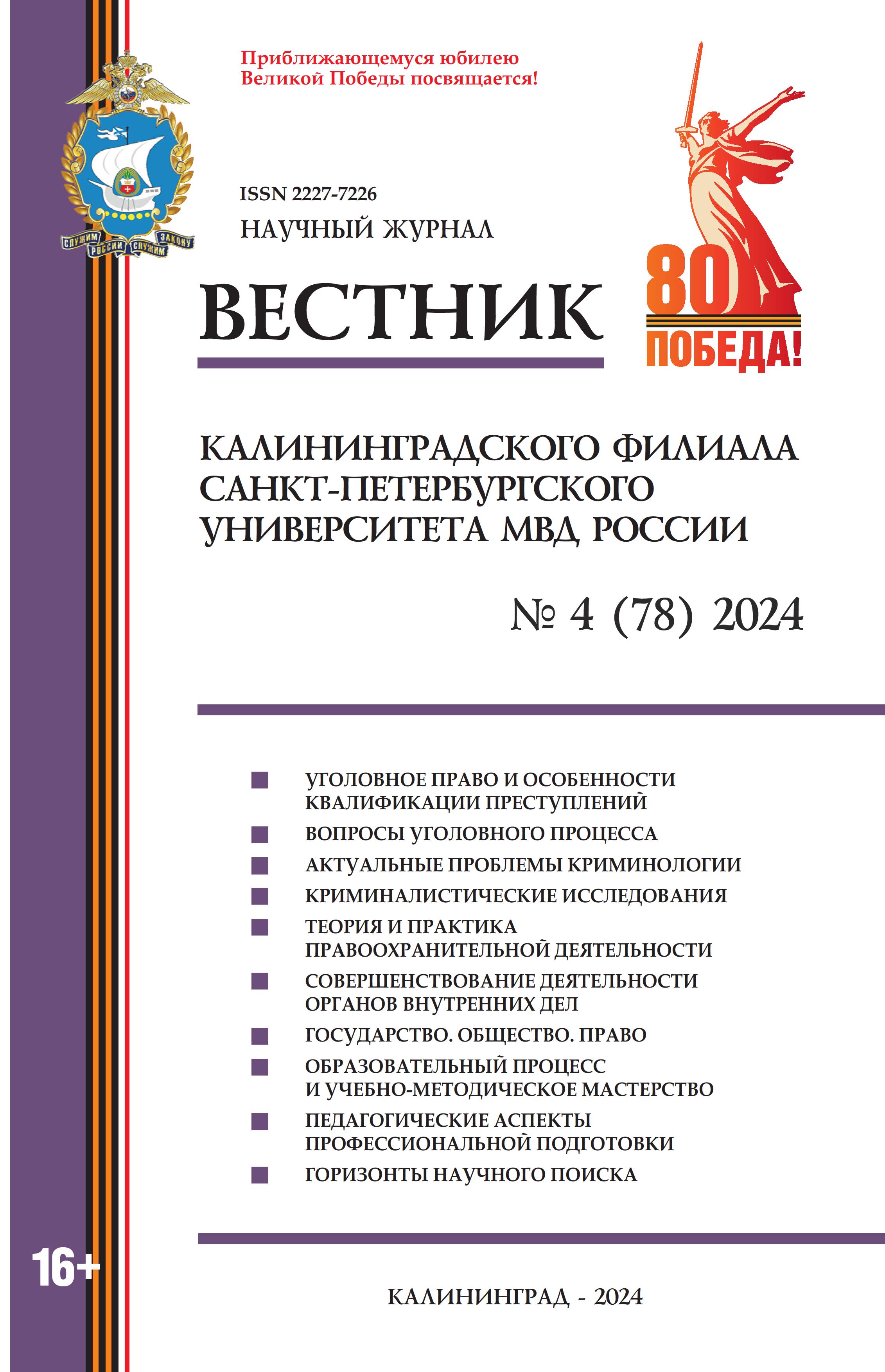Introduction. The study, the results of which are reflected in this article, examines the trends associated with the commission of crimes by persons with mental disorders that do not exclude sanity from theoretical and applied positions. The need to take into account data on such persons and their crimes in forensic forecasting is noted. The expediency of improving forensic methods in connection with the increase in the number of crimes of the type studied is emphasized. Methods. The study used general scientific methods of analysis and synthesis, as well as special forensic methods. A statistical analysis of data on the incidence of mental disorders and indicators of forensic psychiatric examination was carried out. Methods of mathematical modeling, including linear regression, were used to forecast trends in the development of crime among persons in this category. A comparative analysis of regulatory legal acts governing the interaction of law enforcement agencies and medical institutions was carried out in order to identify gaps and formulate proposals for their elimination. The article examines the materials of investigative and judicial practice on crimes against life and health, as well as property, committed by persons with mental disorders that do not exclude sanity (90 materials of criminal cases stored in the archives of the Savelovsky District Court of Moscow and the Lomonosovsky District Court of the Leningrad Region). Results. The necessity of introducing information on the mental state of offenders into statistical reporting is substantiated in order to improve the efficiency of forensic support for investigation. The article proposes directions for improving private forensic methods that involve taking into account the specifics of mental disorders when forming a forensic characteristic of crimes, developing special tactical techniques for interrogation and other investigative actions with persons of this category, as well as strengthening interdepartmental cooperation. The opinion is expressed on the importance of verbatim reflection of the testimony of persons with mental disorders in the protocols of investigative actions.
Investigation of crimes, forensic support of investigation, criminal, person with mental disorder, sanity, limited sanity, forensic psychiatric examination, forensic methodology, state of crime, forensic forecasting.







